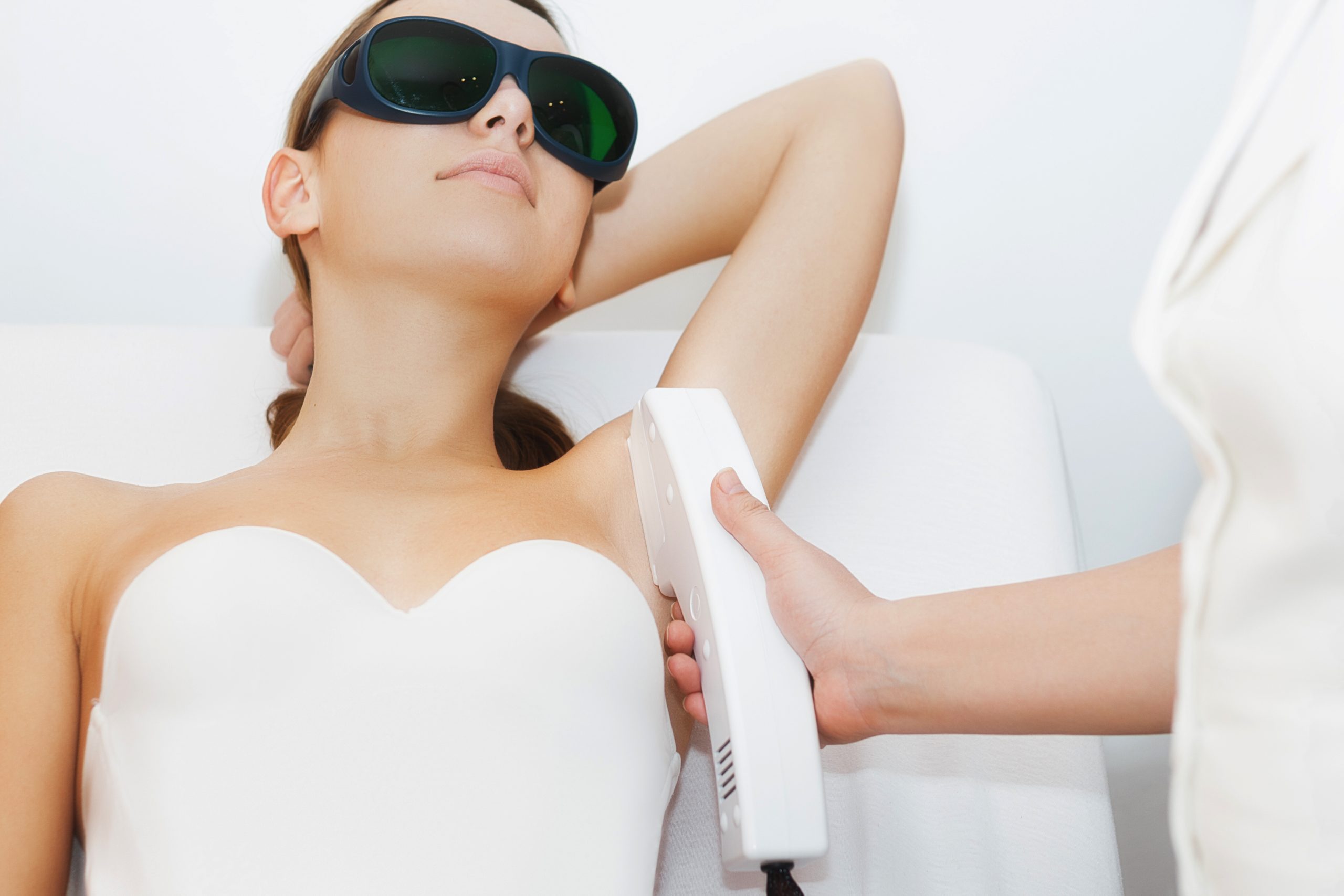How to Prepare for your Laser Hair Removal Treatment

By employing laser light to heat up and destroy the hair follicle, laser hair removal is a safe and effective approach to eliminate hair.
Laser hair removal isn't completely permanent, so you'll probably need a touch-up every year or two, but it can drastically reduce the amount of hair on your skin.
1. Two weeks before your appointment, don't shave the area to be treated.
2. Before your session, shave using an electric razor rather than a blade (if you normally shave with a blade)
3. After shaving, use an exfoliating moisturizer on regions like the chest, back, and legs that are prone to ingrown hairs, as they can develop hyperpigmentation if left untreated.
4. If you have dark skin or tan easily, avoid using self-tanner on areas being treated with laser therapy
5. Do your research. Laser hair removal can be safe and effective, but it’s not right for everyone. The American Academy of Dermatology recommends that people with darker skin tones and those who have lots of hair growth should avoid laser hair removal treatments.
6. If you do decide to go through with the procedure, ask your provider about post-treatment care. If you have sensitive skin, they may recommend an ointment or moisturizer to help soothe the area after treatment.
7. Get tested for STDs and hepatitis B and C before you receive any laser treatments. This will ensure that the technician has a clear picture of your health status before performing the procedure and will help reduce the risk of infection during treatment.
Check out of bestsellers:
References: